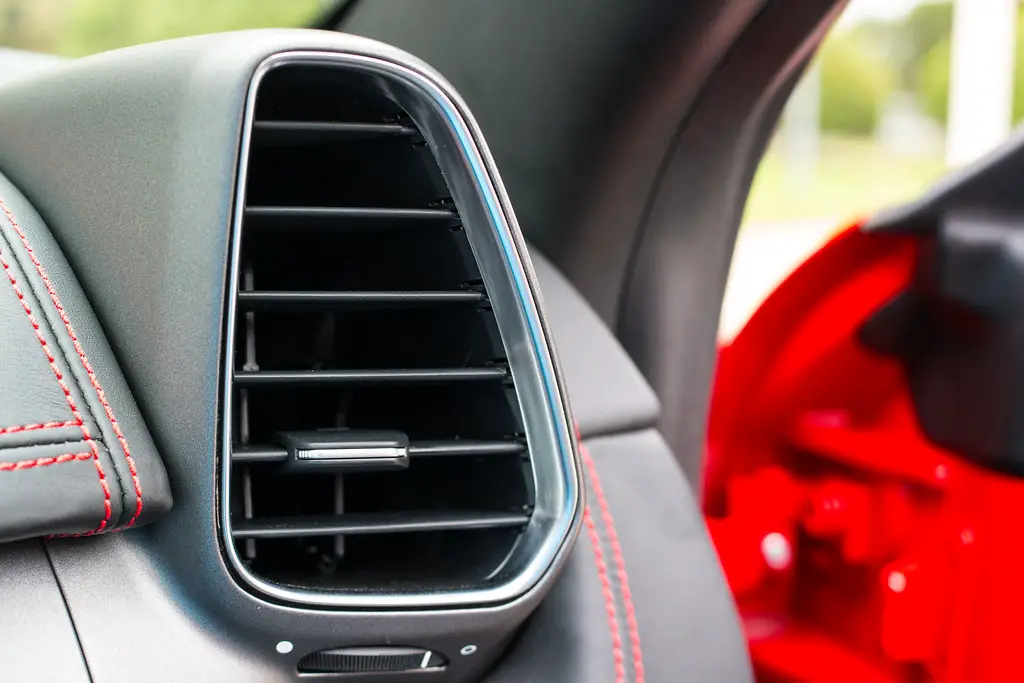An overcharged car AC system can lead to various problems, affecting the cooling performance and potentially damaging the compressor. Understanding the symptoms, causes, and solutions for overcharged AC is essential for maintaining a comfortable driving experience. In this comprehensive guide, we will explore the signs of an overcharged AC, its causes, and the necessary steps to resolve the issue effectively.
Symptoms of Overcharged Car AC:
When your car’s AC system is overcharged, several symptoms may arise, indicating the need for immediate attention:
- Weak cooling and inadequate airflow from the vents.
- Unusual noises coming from the engine bay.
- Activation of the check engine light.
- Potential overheating issues in the engine and passenger cabin.
- Increased load on the AC compressor, which may lead to compressor failure.
Causes of Overcharged Car AC:
Understanding the causes of an overcharged AC system is crucial to prevent this issue from occurring. The following factors contribute to overcharging:
- Incorrect refrigerant charge during installation or repair.
- Overcompensation for refrigerant leaks.
- Faulty AC components like the expansion valve or pressure switch.
- Inaccurate pressure readings during maintenance or repair.
- Use of incorrect refrigerant type.
- Neglecting regular AC system maintenance.
Risks and Consequences of Overcharged AC:
An overcharged AC system can have serious repercussions for your vehicle:
- Damage to the AC compressor due to excessive load and heat.
- Costly repairs, including compressor replacement, ranging from $250 to $500.
- Engine overheating issues if the AC compressor fails and the serpentine belt snaps.
- Reduced effectiveness of the AC system and increased cabin temperatures.
- Potential safety hazards and harm to the environment when handling refrigerants.
Resolving Overcharged Car AC Issues:
To address an overcharged AC system effectively, consider the following solutions:
- Visit a professional mechanic: A trained technician can evacuate and recharge the AC system, ensuring correct refrigerant levels. Expect to pay around $150 to $250 for this service.
- AC compressor replacement: If the compressor has been damaged due to overcharging, it will require replacement. This process involves evacuating the refrigerant, removing the old compressor, installing the new one, and recharging the AC system. Seek professional assistance for this task.
Conclusion:
Identifying and resolving overcharged car AC issues is crucial for maintaining optimal cooling performance and preventing costly repairs. By recognizing the symptoms and addressing the problem promptly, you can ensure a comfortable driving experience. Remember to consult a professional for AC system maintenance and repairs to handle refrigerants safely and effectively. Regular maintenance and adherence to manufacturer guidelines are essential for preventing overcharging and preserving the longevity of your AC system.


